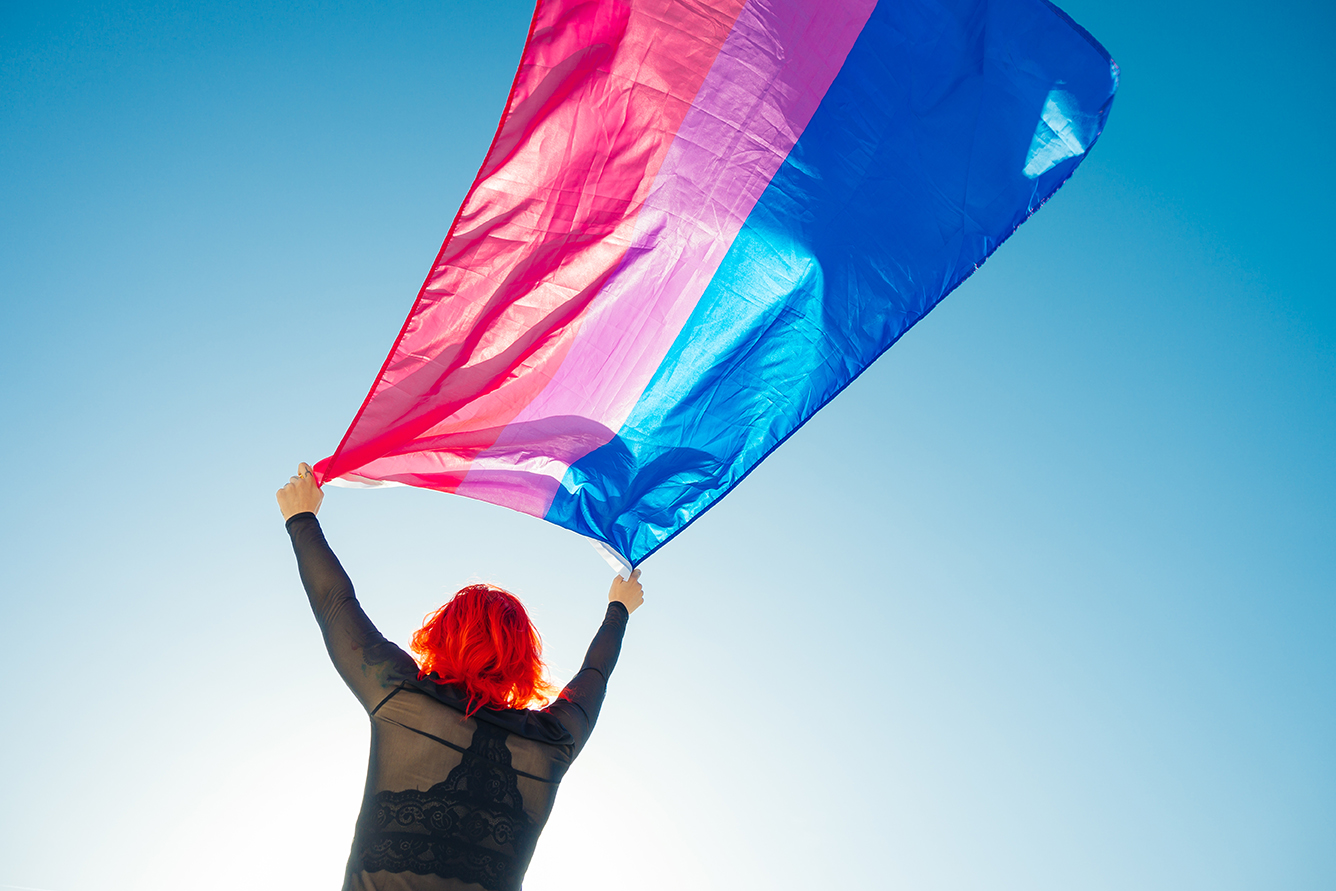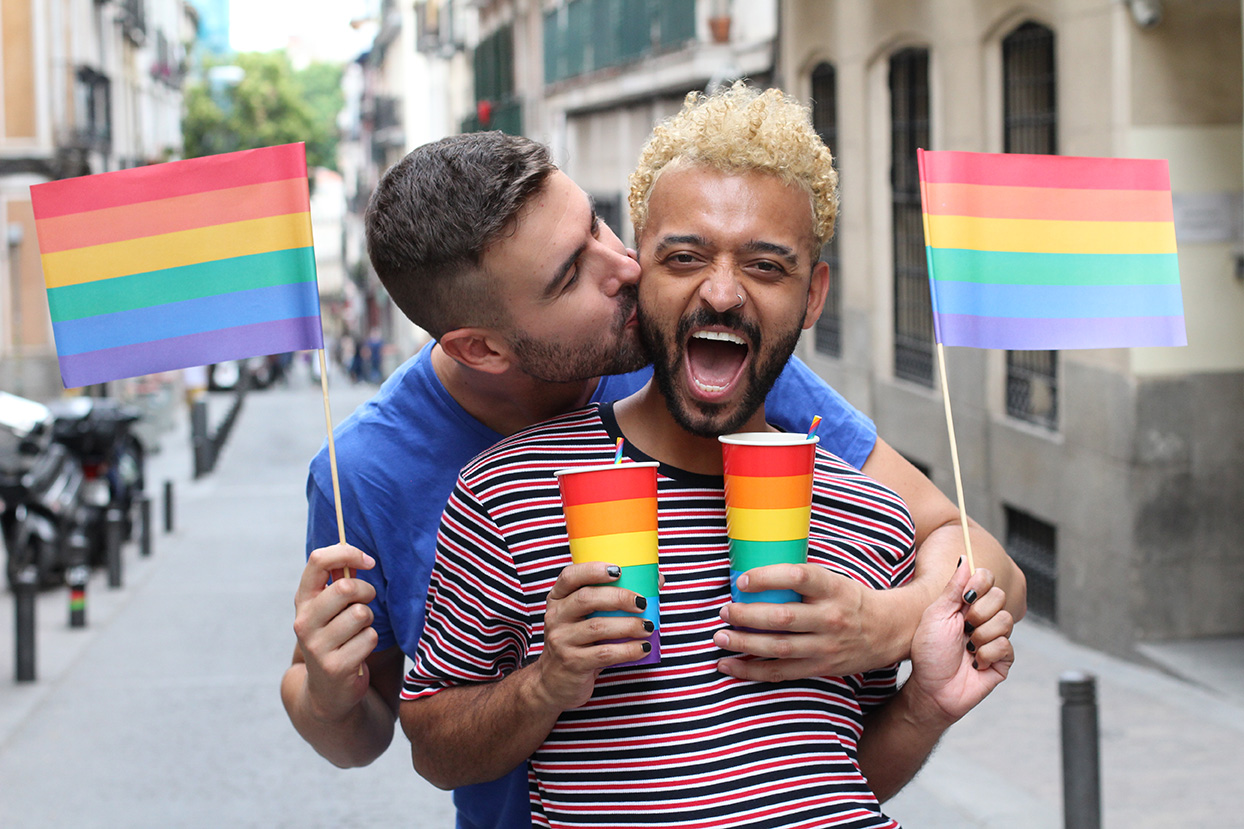Taking Pride:
A Healthy Relationships Workshop Series Created for Youth by Youth
Could your LGBTQ/2S+ youth group benefit from a healthy relationships curriculum where they see themselves represented?
Taking Pride is a six-week intervention aimed at reducing dating violence among LGBTQ/2S+ youth. Developed in partnership with LGBTQ/2S+ youth throughout British Columbia, the weekly workshops cover topics like communication skills, consent, relationship violence, recognizing healthy and unhealthy relationships, and supporting friends. Throughout the program, young people will:
- Change how they think about relationships
- Have a chance to practice skills that will equip them to make healthier decisions
- Solidify some of those skills into behaviour change
How it Works
Step 1 – Identify interest from the group
Before we sign up your group, it’s important to find out if they are.interested in participating. Present this information to your group and feel free to reach out to us for additional information and/or resources.
- Here’s a poster that might help too!
Step 2 – Get in Touch
To sign up your group, please email Katie. She’ll be able to answer any further questions and get your group started in the program.
Step 3 – Schedule Your Training
When your group chooses to move forward, Katie will be in touch to schedule training sessions with the youth who will be co-leading the workshops along with the adult support.
Step 4 – Do the Workshops
Once you’ve completed the training sessions, you can deliver the workshops to your group! Katie will be there to support you as much as you need and will set up regular check-ins so you will be able to ask her questions along the way.
Step 5 – Complete Evaluation Surveys
Participants will also have the option to take three voluntary, confidential, anonymous surveys to evaluate the relatability and relevance of the program. Youth will receive a $15 gift card for two of the surveys (one survey taken ahead of the first workshop and one taken at the end of the last workshop) and then a $20 gift card for a follow up survey three months later.
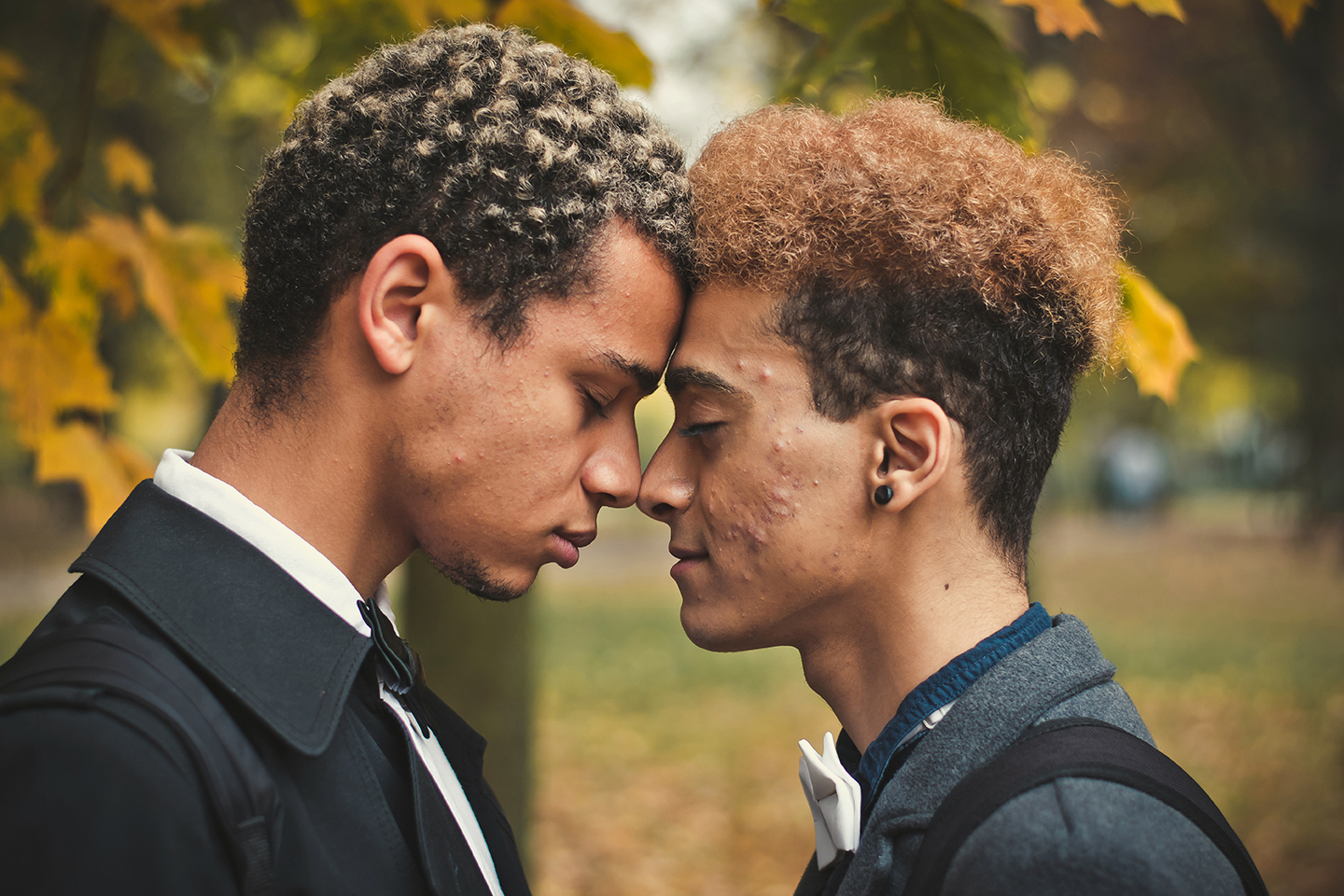
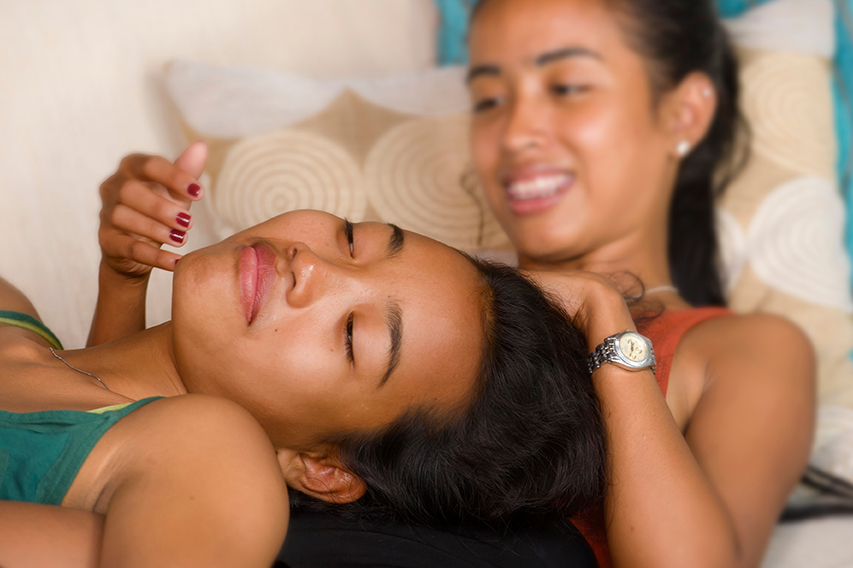

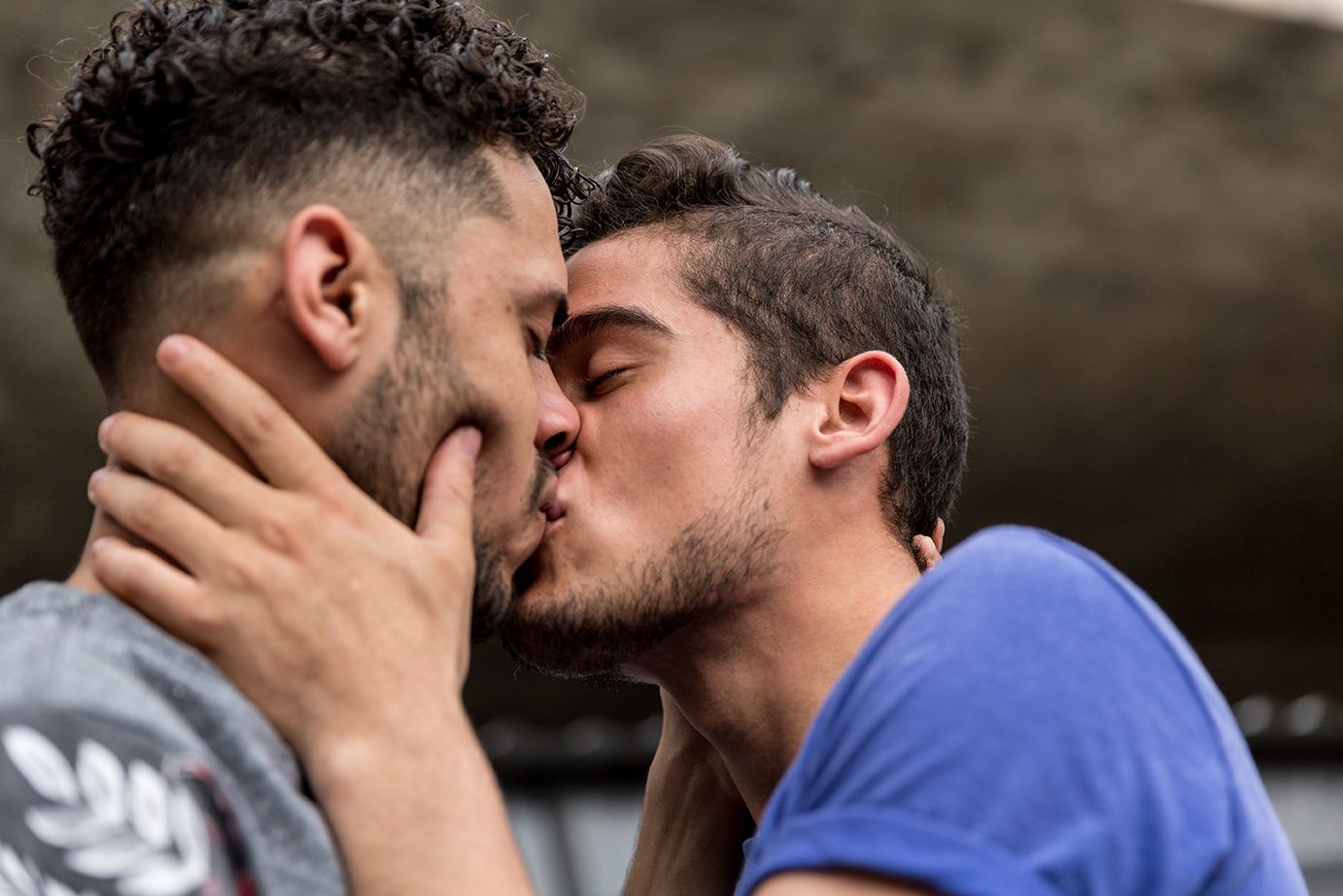
Designed to change behaviour
This curriculum has been designed to be more than just a way to pass information about healthy relationships. Information is important but knowing something doesn’t always translate to changes in behaviour. That’s why the goals for this curriculum were laid out in three categories: knowledge, attitude, and behaviour. As you move through this curriculum with your group, you’ll see how we want to do more than just inform about healthy relationships. We want to help young people navigate the stages of behaviour change: recognizing when or if there is a problem, deciding to do something about it, doing something about it, and maintaining that change.
What’s in the modules?
Unhealthy behaviours exist in all types of relationships. In module one, youth will discuss how identifying as LGBTQ/2S+ can influence relationships and sexual education. This module also starts with creating a safe space together and agreeing on what that looks like.
Boundaries are important to maintaining healthy relationships. Module two is all about personal boundaries, why they are important, and how they influence behaviour. Youth will also discuss why people might have certain boundaries and how boundaries are influenced by our values.
Module three is all about communication, active listening, and how to respond to rejection. Youth will learn about the different styles of communication, tools to practice active listening, and how to say and accept “no” as an answer.
Consent is an integral part of friendships and relationships. In module four, youth will learn about consent, why it’s important, and what it does and doesn’t look like. Through scenarios, youth will also discuss some of the different circumstances under which consent can, and can’t, be given.
Conflict is a normal part of all relationships. Conflicts often happen when one person’s wants, needs, or expectations have not been met. In module five, youth will learn about differences between healthy and unhealthy conflict, tips to resolve conflict, how to manage break-ups, and how to safely exit a relationship that is unhealthy.
Research shows that being connected to community can have positive effects on youth’s overall health and well-being. That’s why our final module focuses on building community and connection. Youth will learn about what community looks like for them, how to be a supportive friend, and how to identify people who are “safe” to reach out to.



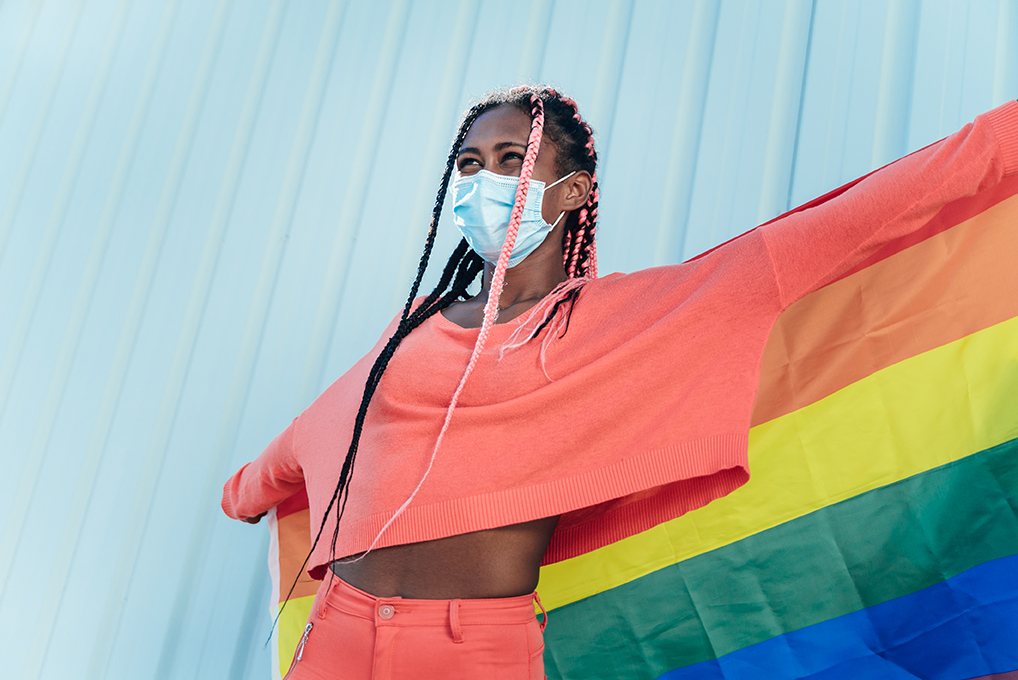
Frequently Asked Questions
It is a peer-led model. Youth who are interested in gaining some facilitation skills will be trained by Katie, along with the adult support of the group, so that they can deliver the workshops to their own group. Katie will provide support and have regular check-ins to answer questions.
Trainings are done virtually or in person. Katie will set up trainings over Zoom or in person for the youth and adult support(s). The training can be flexible to what works best for everyone’s schedules.
Taking Pride consists of six modules that are delivered one at a time over the span of six weeks. If a week needs to be skipped due to unforeseen circumstances (or school Pro-D/holiday), then the group will do the next module when the schedule is back to normal. Each module is designed to be delivered within 45 to 60 minutes.
Nothing! Taking Pride is a free program.
Your group will need:
- Access to internet/wifi
- A computer or laptop with a video and microphone capabilities
- If the training is to occur over Zoom, we recommend a USB and an external mic is recommended, although not required (if necessary, a USB and/or external mic can be provided to you for the duration of the program)
If you have concerns about meeting tech requirements, please let us know and we will do our best to help.
The ideal number of facilitators for each workshop is 2 youth and 1 adult. If there are more youth in your group interested in facilitating, we would recommend taking turns facilitating the different workshops. If you have a really large group, 3 facilitators would be ok, as long as everyone has a clear role.
The curriculum was developed with consultation from LGBTQ/2S+ youth across British Columbia to find out what 2SLGBTQIA + youth want from a healthy relationships education curriculum. By facilitating this curriculum with both a youth facilitator(s) and an adult support, we are providing the group with leadership from a relatable peer who understands what youth go through, as well as support from an experienced adult support.
Adult supports will have a phone conversation or Zoom call with Katie to learn about how to support the delivery of the Taking Pride curriculum and will also participate in the training alongside the youth facilitators.
We have three voluntary, anonymous surveys we ask participants to fill out online:
- First survey to be filled out before beginning the curriculum
- Second survey to be done after finishing the curriculum
- Third survey to be completed three months after completing the curriculum
Each survey takes about 20 minutes to complete, and participants will receive a gift card after filling out each survey. For the first two surveys, participants will receive $15 gift cards, and for the third survey they will receive a $20 gift card. If a participant completes all three surveys, they will have earned $50 in total. Participants will have a selection of gift cards to choose from, such as Tim Hortons, Starbucks, Walmart, etc.
It’s important that participants fill out these surveys, as we are hoping to address the amount of dating violence that LGBTQ/2S+ youth experience, and we would like to know how helpful youth found the curriculum.
Participants should be encouraged to complete all three surveys even if they only participate in one or two modules. The survey is available online and a link to the surveys will be emailed to participants before starting the curriculum, after completing the curriculum, and again three months after completing the curriculum.
Information gathered from the survey will help us see if the curriculum is helpful, and how it can be improved for future participants.


